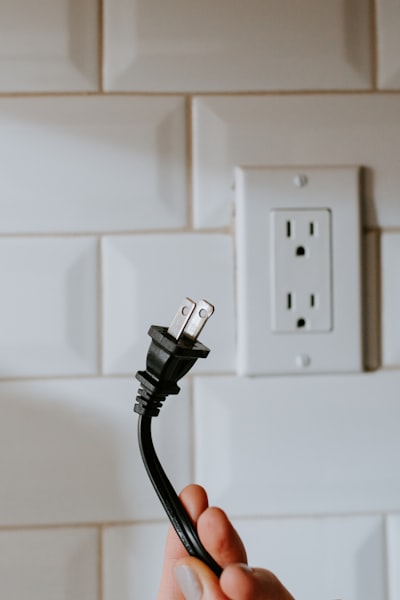As a homeowner, you want your insurance coverage to fully extend to every risk on your property. This includes the ever-present risk of fire.
Most home insurance policies cover fire damage. But the source of the blaze matters. Some home fire sources are excluded from home insurance policies — including some caused by bad electrical wiring.
Bad wiring presents a significant fire risk, particularly in older homes. For that reason, you should be aware of how you use electricity, and how your wiring is holding up. One of the best ways to do this is by investigating your electrical panel.
What is an Electrical Panel? 
Your electrical panel is essentially the source of electricity for your home. It is often commonly called a breaker box.
Panels come with a variety of controls to help you manipulate power to the major systems in the house. They commonly include control switches that route power to major appliances, the water system, the HVAC system, and various sections of the house.
If you need to shut off the electricity for certain parts of your home, you do so using this box.
Why an Electrical Panel is a Risk
Electrical panels are designed to control the flow of electricity throughout your home. Because these panels control your home’s electricity, they can influence fire risks.
If an electrical box does not function correctly, your home is at serious risk for fire. An unbalanced flow of electricity could overburden wiring, outlets and vital appliances — sparking a blaze that could quickly incinerate your home.
Reducing Risks from Electrical Boxes
Your home insurance policy may or may not cover risks associated with the electrical panel. If you want to cover the box, you’ll need to consider the type of panel you use, as well as its age and other specifications.
Make sure your home’s panel meets current electrical code requirements. Advancements in technology have made new electrical panels more efficient than older ones. New appliances and wiring practices can also make homes safer. Over time, local laws can change how panels and wiring are installed. These code changes help to keep risks from a home's electrical wiring low.
Older homes might have outdated boxes that pose a higher fire risk. Therefore, your home insurance provider might require you to install a new one in order to provide coverage. If you make updates to the home, make sure your repairs meet code requirement.
- Have an inspector check your home’s electrical wiring and your panel every year. This can help catch problems that may exist in the electrical panel.
- If you notice problems with your electricity, shut the power off to the affected portion of the home. Have an electrician inspect your home immediately.
- Don’t over-burden your electrical system by using too many appliances or systems at one time. Overburdening your system may result in a blown fuse, which can pose a risk to your systems.
Only install wiring and panels approved by local building codes and your insurance coverage. Your insurance provider may require you to install certain electrical panels to protect your risks.
We’ve got you covered. Call us today for a free home insurance quote.